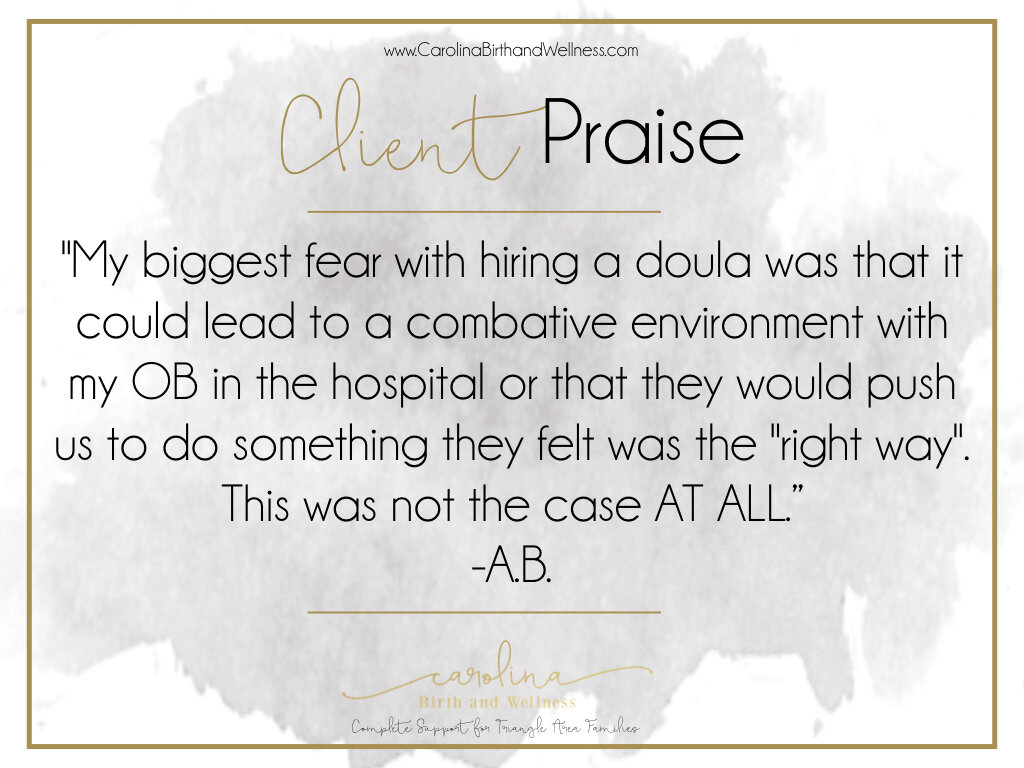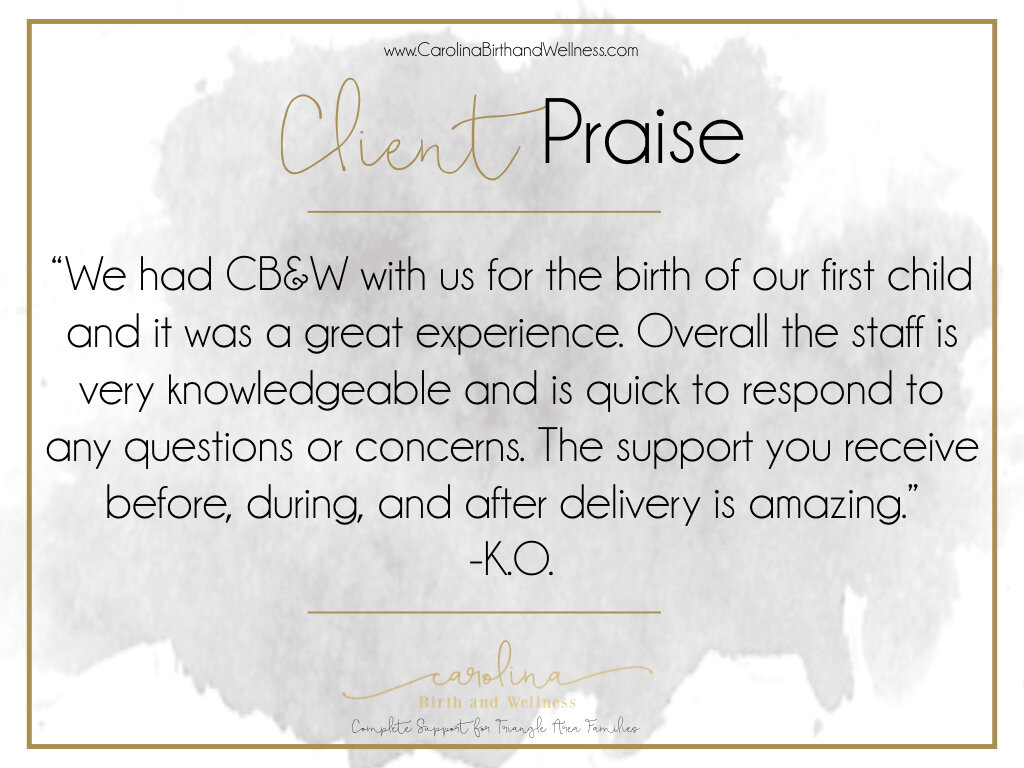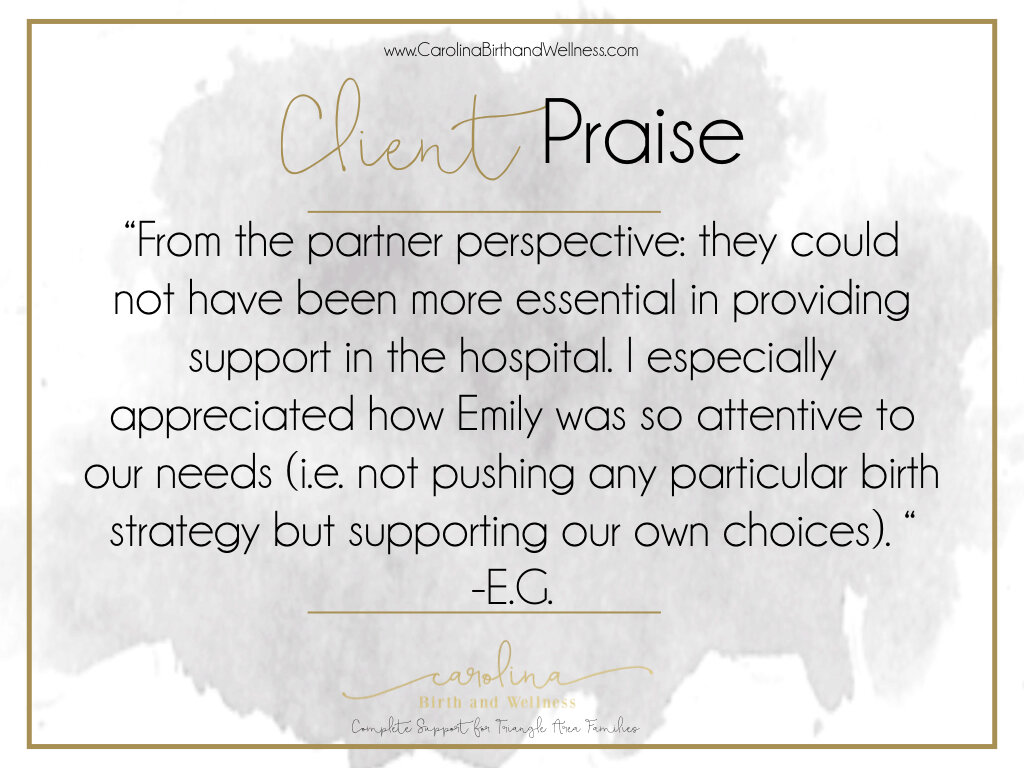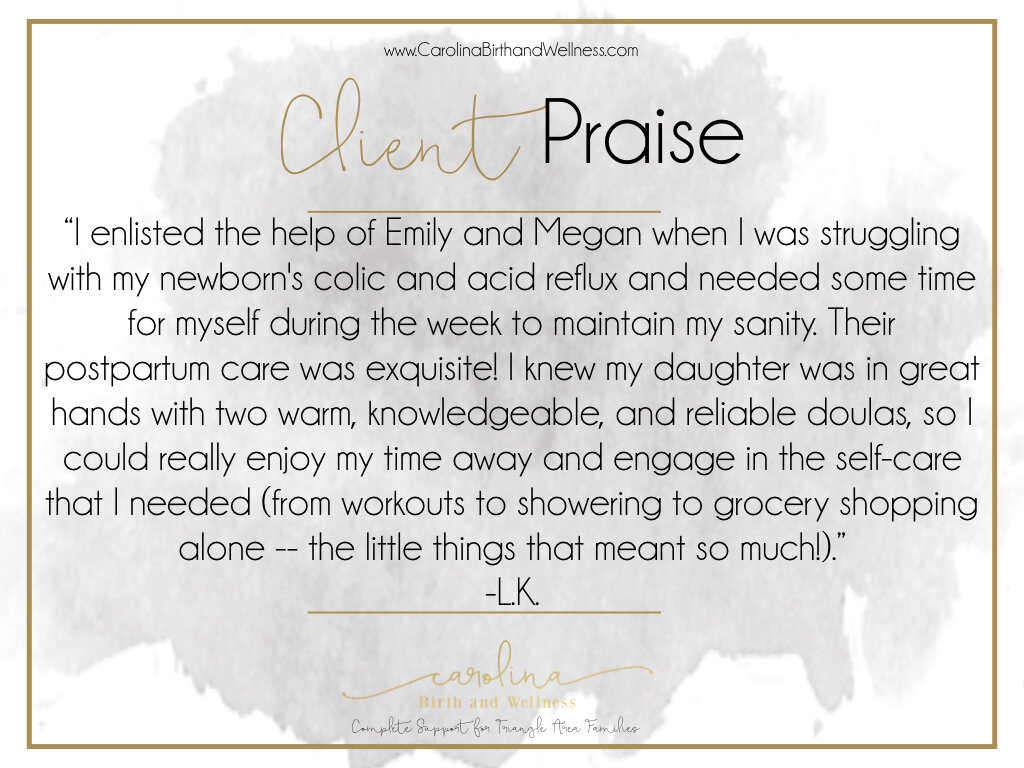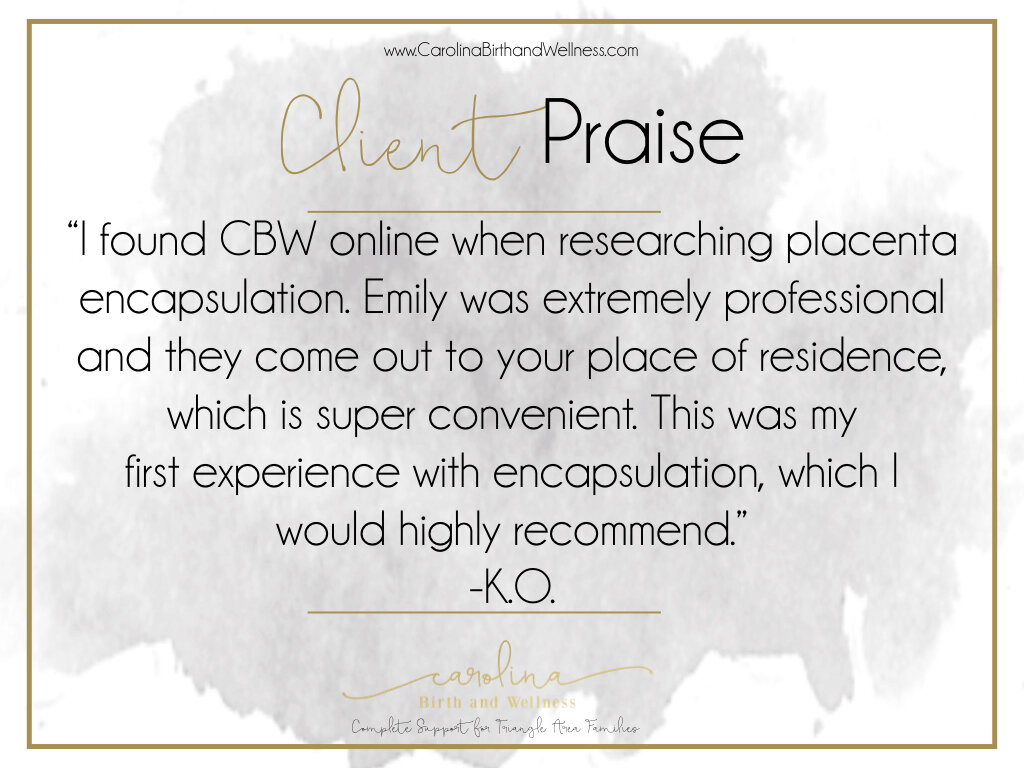Research shows that 10-15 percent of birthing individuals have postpartum depression after delivery. Postpartum depression can set in anywhere between two weeks and one year after having a baby. Seeking help for new parents to overcome the condition can protect them from many challenges.
Hormones fluctuate during pregnancy, and for a few months after giving birth. Many individuals experience feelings of sadness, resulting in restlessness and irritability. They may also have an anxiety disorder, which can be made worse by the hormonal upheaval. Fortunately, these symptoms often fade about two weeks after delivery. Some people experience these symptoms for longer than two weeks, however, while others show no signs until three to 12 months after giving birth.
Postpartum Depression Diagnosis
The Centers for Disease Control and Prevention (CDC) considers postpartum depression as a depressive disorder. However, medics diagnose postpartum depression as a subtype of major depression.
One must have five or more diagnostic symptoms for more than two weeks to get a proper diagnosis of major depressive disorder. One sign should be a depressed mood or an inability to experience joy. These symptoms should not be because of drugs that one takes or the effects of a medical condition.
The symptoms of postpartum depression resemble those of major depressive disorder. They also include other signs, such as anger directed at one's child or partner, not wanting to care for the newborn, and resentment towards the pregnancy.
The significant symptoms used to diagnose major depressive disorder are:
Experiencing a depressed mood most of the time.
Frequent feelings of worthlessness or guilt.
Loss of interest in once-loved activities.
Experiencing significant weight loss or gain without trying to lose or add weight.
Cognitive issues, such as low concentration, slowed speech, memory issues, and confused thought process — any or all can make one more likely to deviate from normal functioning.
Experiencing sleeping difficulties (insomnia or excessive sleep).
Feeling fatigued almost every day.
Having recurrent thoughts about self-harm, dying, death, or suicide.
Moving slowly almost every day, or being restless or highly irritable.
Specific Issues with Postpartum Depression
Postpartum depression is a clinical indication of major depressive disorder. It differs from the “baby blues” that many people experience. Baby blues refer to the sadness, worry, and tiredness that many birthing individuals experience after delivering. These symptoms tend to disappear after a few days.
Postpartum depression is more severe, and it causes prolonged problems with normal functioning compared to baby blues. New parents with anxiety or baby blues are more susceptible to postpartum depression than those who do not experience these conditions. Half of the postpartum depression episodes can begin before giving birth.
Postpartum Depression and Substance Abuse
When medical professionals diagnose someone with a psychiatric/psychological disorder and a co-occurring drug addiction, people refer to their condition as co-occurring or dual diagnosis disorders. Women diagnosed with postpartum depression often develop co-occurring substance use disorders (SUDs) via different processes. For example, statistics show that 14.9% of women aged 15-44 that had postpartum depression turn to binge drinking, while 8.5% of them had used other drugs within the month of the study. (note: the study specifically referenced women, but did not included gender.)
The Substance Abuse and Mental Health Services Administration (SAMHSA) reports that about 15% of women who develop postpartum depression within a year of giving birth are likely to engage in binge drinking.
About 9% of this group abuse other drugs. The prevalence rates for those that did not give birth, or those that gave birth and did not develop a postpartum disorder are lower than these rates.
Many new parents don't notice postpartum depression or seek help early. Statistics show that individuals with postpartum depression may cope by abusing substances, such as prescription pain relievers, alcohol, and other drugs. Drugs may offer temporary relief but cause adverse effects in the long run. They may worsen the depression and hinder the patient from seeking the help they need.
Birthing persons with postpartum disorder are more likely to turn to drugs to cope with the symptoms of postpartum depression. They can abuse drugs, such as alcohol and painkillers. Individuals who had an addiction before pregnancy are also likely to develop postpartum depression because they needed drugs to cope with life experiences, such as stress and fatigue. Experiencing these situations make them susceptible to postpartum depression when they cannot turn to their regular drugs.
Drug Abuse as a Barrier to Postpartum Depression Treatment
SUDs can make it challenging to treat postpartum depression. Treating both conditions increases your likelihood of getting better. Drugs may also provide a reprieve, making you less likely to seek the needed treatment. Some people may want to seek treatment but not be truthful to avoid child endangerment cases because of their substance abuse, especially if the addiction began during pregnancy.
Getting the Treatment You Need
Private rehab centers, including rehab centers in North Carolina, offer treatment for co-occurring postpartum depression and substance abuse. These facilities often have all the professionals you need to get treatment for the two conditions simultaneously. Getting concurrent therapy is crucial to ensuring an untreated disorder does not lead to relapse or continued use. There are reliable treatment protocols for SUD, depression, and co-occurring addiction and depression disorders. The right specialists will tailor the treatment program to suit your needs without jeopardizing your recovery.
An integrated treatment protocol is advisable for individuals with postpartum depression and drug addiction. Integrated treatment uses a multidisciplinary team of treatment specialists to address every issue of a specific case. They help patients become independent and functional.
This treatment approach incorporates both long-term and short-term needs for as long as treatment is necessary. It involves medications, therapies, and aftercare services. Integrated treatment gives one the independence and functionality needed for various activities, including child-rearing.
Author Bio: Patrick Bailey is a professional writer mainly in the fields of mental health, addiction, and living in recovery. He attempts to stay on top of the latest news in the addiction and the mental health world and enjoys writing about these topics to break the stigma associated with them.




